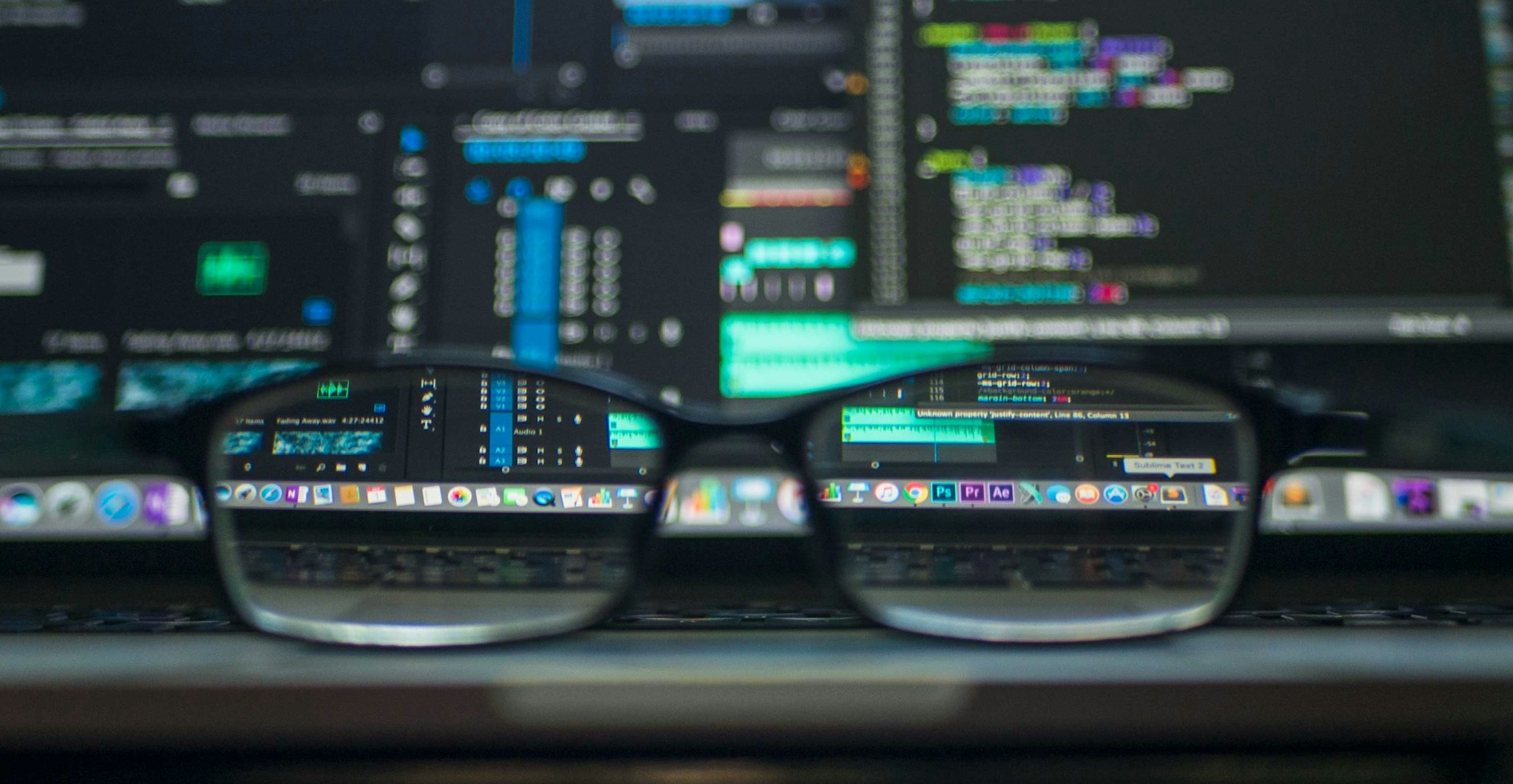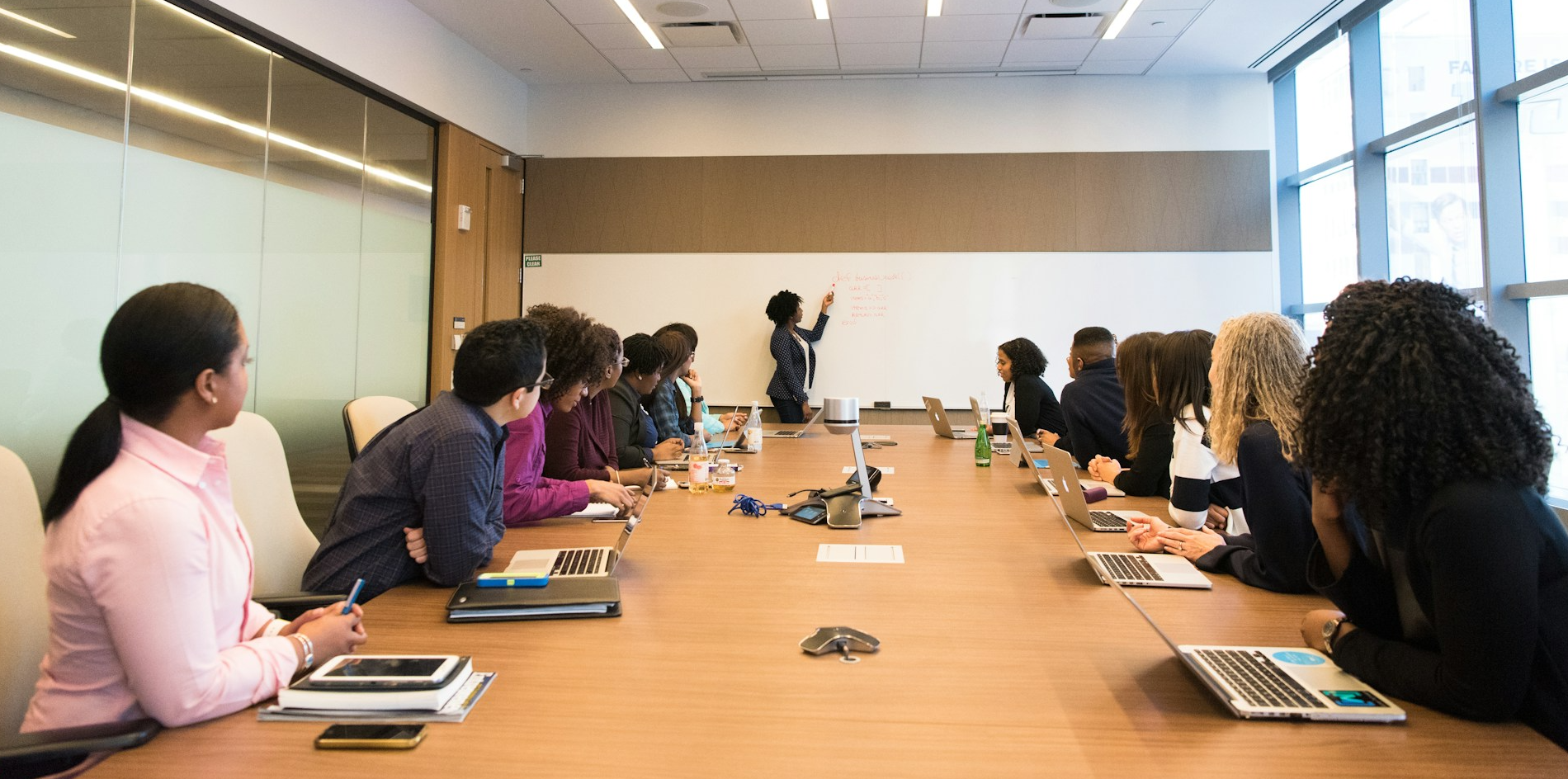Cooperating with Machines
Automation and emerging technologies such as artificial intelligence (AI) are reshaping economies. These economies are enjoying the first-mover advantage in inventing and implementing newer ways to work and govern. The advent and use of general-purpose technologies such as the steam engine, electricity, internal combustion engines, and the ICT digital revolution are clear examples of the profound impacts that automation has had on economies and civilizations.
Now, AI will further this. Productivity is the immediate gain that economies see gain from implementing AI. With its speed and efficiency, AI will greatly boost labor productivity, increasing it by about 25%. Still in its nascency, we are yet to unlock AI’s immense potential in all sectors and our everyday lives.
And investment to deploy AI on a widespread basis has begun. Just five AI hyperscalers (i.e., companies that provide physical AI infrastructure such as cloud services and data centers, create custom silicon chips, and build large language models that can be used by other companies) are expected to spend more than US$1 trillion in capex collectively from 2024 to 2027. Nvidia is expected to be the prime beneficiary, with estimated annual revenues return of US$61 billion in 2024 from just US$4 billion in 2014.
Certain countries are clear leaders in this global AI race. The US leads the list in terms of total private investment in AI between 2013-2024—an astounding US$471 billion was raised by US private investors for AI. The US is followed by China (US$119 billion), UK (US$28 billion), Canada (US$15 billion), and Israel (US$15 billion).
Several countries have announced national AI strategies to enhance the adoption, investment, and development of AI. Some notable policies are implemented by the US, UK, Australia, and China. In January 2025, US President Trump announced a US$500 billion project to fund infrastructure for AI. This initiative is a joint venture between Oracle, Softbank, and OpenAI, termed the Stargate, that has plans to build 20 data centers across the US, including an AI supercomputer set to launch by 2028.
Are there Risks to AI?
Fears of job losses and impact on the environment due to the amount of energy needed to run AI machines are some of the key concerns that most see as immediate barriers to large scale deployment of AI.
The ILO estimates that 75 million jobs or 2.3% of global employment is at risk from automation because of GenAI technology. Most of the affected jobs will be clerical support work, such as customer service workers, receptionists, or secretaries. The impact of job losses will be much severe in high-income economies, where a greater share of employment revolves around clerical work.
But the advent of emerging technologies such as AI will also usher in newer jobs. By 2030, potentially 20 million to 50 million jobs could be created—jobs related to developing and deploying new technologies.
AI also suffers from an energy problem. Large amounts of electricity is required, particularly to run large language models. An estimate states that by 2028, AI alone will consume as much electricity as 22% of all US households. Data centers powering AI need to be running constantly without any disturbance in power, which is why these data centers are heavily reliant on coal as their primary source of energy for electricity. Carbon intensity of electricity used by data centers in the US is 48% higher than the national average. By 2028, energy going towards running AI can increase to between 165 and 326 terawatt-hours annually—with emissions equivalent to driving over 300 billion miles or taking more than 1,600 round trips to the sun from earth.
Countering the Risks
In terms of job losses, a more immediate solution is to redeploy affected employees to other jobs in the same organization or explore solutions such as providing unemployment insurance or other social protection measures in the event of job loss.
Other solutions can also look at humans and AI working together. Those workers at danger of being replaced by AI and automation need to be open to reskilling and upskilling. This will help workers develop necessary technical, human, and conceptual skills to shift job roles or become flexible in coexisting with AI machines.
Several use cases exist of how some companies are implementing AI in their internal operations, benefitting both the employees and the organization. Meta has rolled out an AI chatbot that is helping its employees write code, summarize meetings, and also debug features. Globally recognized professional services firms such as Deloitte, PwC, McKinsey, and Cognizant are also using AI to enhance their employee productivity.
AI’s progress is inevitable. And Horasis strongly believes that working along with AI is how we can overcome the concerns we have regarding it. A collective action is needed to ensure that AI is developed to enhance opportunities and benefits for all. This is one of the agenda’s being discussed in our upcoming Horasis Global Meeting, which is in its 10th edition. Scheduled between 7 to 10 October 2025 in São Paulo, Brazil, the meeting will draw together opinions and experiences of global leaders from various backgrounds on finding cooperative frameworks to our present challenges.
Photo Caption: AI’s progress is inevitable.



